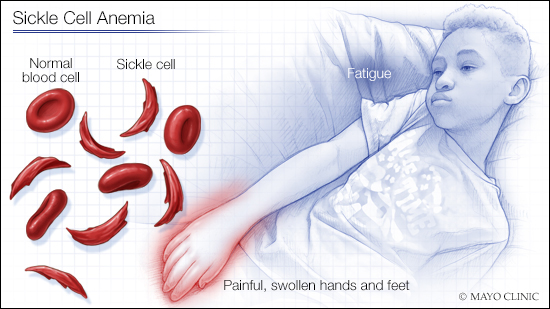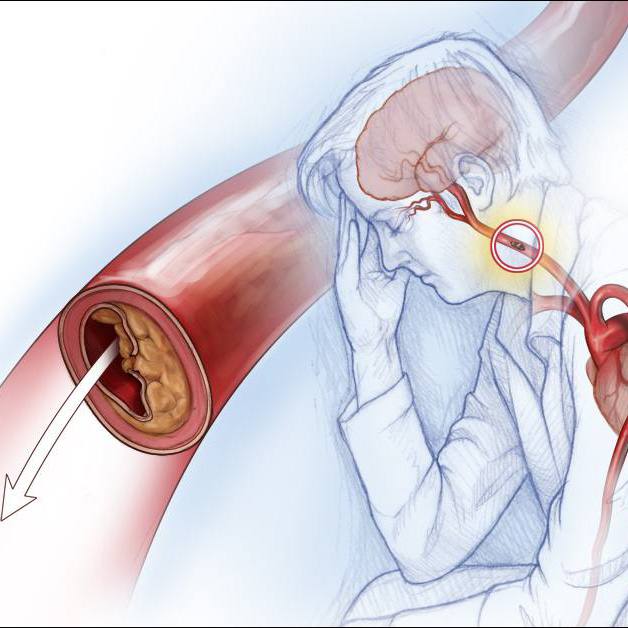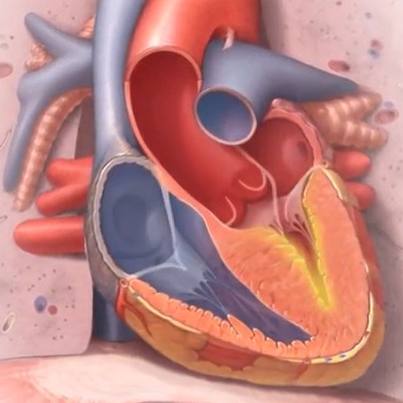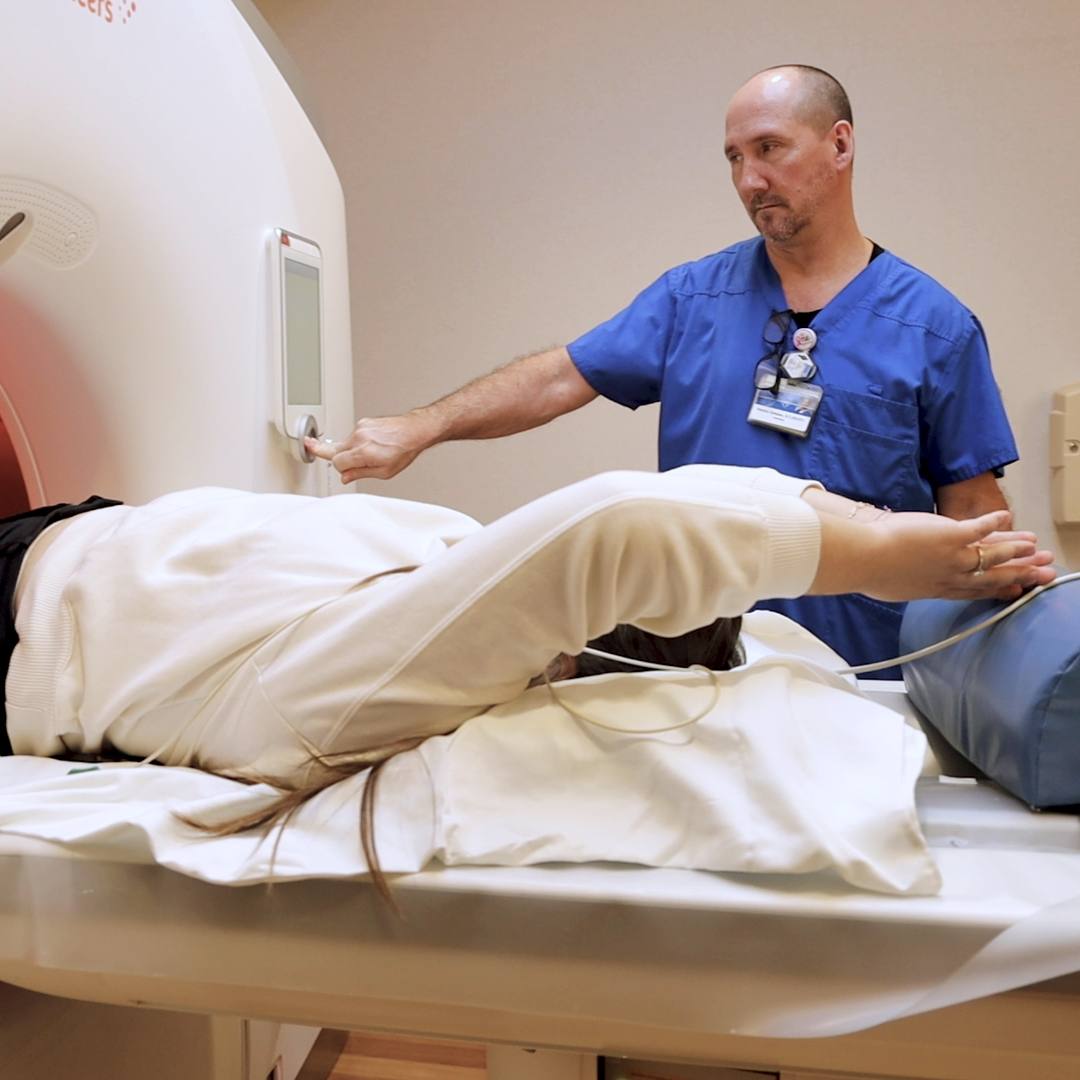-
Cardiovascular
Consumer Health: What do you know about sickle cell anemia?

Sickle cell anemia
September is National Sickle Cell Awareness Month, which makes it a good time to learn more about the facts and signs of sickle cell anemia. It's an inherited form of anemia — a condition in which there aren't enough healthy red blood cells to carry adequate oxygen throughout your body. For most people, there's no cure, but treatments can relieve pain and help prevent problems associated with the disease. What do you know about sickle cell anemia?
***
Also in today's tips ...
Celiac disease and gluten-containing personal care products
If you have celiac disease, is it safe to use skin care products, shampoos and cosmetics that contain gluten? It depends on how you use them. Learn more from Dr. Michael Picco, a Mayo Clinic gastroenterologist.
Alzheimer's test: Detection at the earliest stages
Early detection and diagnosis of Alzheimer's disease, as well as early intervention with medications, might slow disease progression and provide an opportunity to plan for the future. Research is ongoing to develop new tests that might help with early detection of some aspects of the disease and determine who might benefit from them. Learn more from Dr. Jonathan Graff-Radford, a Mayo Clinic neurologist.
Statins: Are these cholesterol-lowering drugs right for you?
Statins are drugs that can lower your cholesterol. They work by blocking a substance that your body needs to make cholesterol. Statins also may help your body reabsorb cholesterol that has built up in plaques on your artery walls, preventing further blockage in your blood vessels and heart attacks. Find out whether your risk factors for heart disease make you a good candidate for this drug therapy.
Hearing aids for high-frequency hearing loss
Hearing aid manufacturers continue to make improvements by developing hearing aids that are more effective for all types of hearing loss, including high-frequency hearing loss. The advent of digital technology in the mid-1990s resulted in significant hearing aid improvements. Digital hearing aids can be adjusted to match a person's hearing loss. Learn more from Dr. Paul Takahashi, a Mayo Clinic internist and geriatrician.
Related Articles







